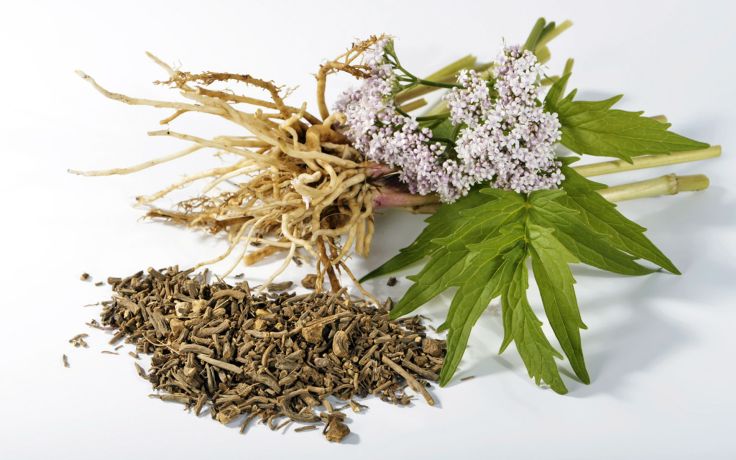Getting quality sleep is essential for physical health, emotional well-being, and cognitive function. Yet millions struggle with falling or staying asleep. While prescription sleep medications can be effective, they often come with side effects and the risk of dependency. Natural sleep aids, on the other hand, offer a gentler, holistic approach to improving sleep quality without pharmaceuticals.
In this article, we explore the best natural sleep aids backed by science, their benefits, how they work, and who might benefit most from them.
1. Melatonin: The Body’s Natural Sleep Hormone

What it is:
Melatonin is a hormone produced by the pineal gland in the brain that helps regulate the sleep-wake cycle.
How it works:
Melatonin levels rise in the evening to signal that it’s time to sleep and fall in the morning to promote wakefulness. Supplemental melatonin is often used to treat insomnia, jet lag, and shift work sleep disorders.
Effectiveness:
Studies show that melatonin is particularly effective for:
People with delayed sleep phase syndrome
Older adults with declining melatonin levels
Travelers adjusting to new time zones
Dosage:
Typically 0.5–3 mg taken 30–60 minutes before bedtime.
Caution:
Higher doses are not necessarily more effective and may cause grogginess or vivid dreams.
2. Magnesium: The Relaxation Mineral

What it is:
Magnesium is an essential mineral involved in over 300 biochemical processes, including nerve function and muscle relaxation.
How it works:
Magnesium helps activate the parasympathetic nervous system, which is responsible for calming the body. It also supports the regulation of melatonin.
Benefits for sleep:
Reduces cortisol, the stress hormone
Improves sleep quality, particularly in older adults
May help with restless leg syndrome and anxiety
Food sources:
Leafy greens, nuts, seeds, and whole grains.
Supplement form:
Magnesium glycinate or citrate is often recommended for sleep.
3. Valerian Root: The Herbal Sedative

What it is:
Valerian is a flowering plant whose root has been used for centuries as a remedy for insomnia and anxiety.
How it works:
Valerian increases the level of GABA (gamma-aminobutyric acid) in the brain, a neurotransmitter that promotes relaxation.
Effectiveness:
Some studies suggest valerian can reduce the time it takes to fall asleep and improve sleep quality, though results are mixed.
Usage:
Available as tea, tincture, or capsules. Most people take it 30 minutes to two hours before bedtime.
Side effects:
May cause dizziness or stomach upset in some individuals. Should not be combined with other sedatives.
4. Chamomile: The Calming Tea

What it is:
Chamomile is a daisy-like herb commonly used in tea form for its calming properties.
How it works:
Chamomile contains apigenin, an antioxidant that binds to certain brain receptors and promotes sleepiness.
Benefits:
Mild sedative effects
Reduces anxiety and promotes relaxation
Safe for most people, including children and pregnant women
Best use:
A warm cup of chamomile tea 30–45 minutes before bed.
5. L-Theanine: An Amino Acid for Calm Focus

What it is:
L-theanine is an amino acid found primarily in green tea.
How it works:
It promotes alpha brain wave activity, which is associated with a state of relaxed alertness. It also increases levels of GABA, dopamine, and serotonin.
Benefits for sleep:
Helps reduce anxiety without causing drowsiness
Improves sleep quality when taken with magnesium or melatonin
Dosage:
Typically 100–400 mg before bedtime.
Other Notable Natural Sleep Aids
Lavender: Aromatherapy or oral supplements may help reduce anxiety and promote restful sleep.
CBD (Cannabidiol): Derived from hemp, CBD may help with anxiety-related sleep issues, though more research is needed.
Glycine: An amino acid that may lower body temperature and signal the brain it’s time to sleep.
Lifestyle Tips to Enhance the Effects of Natural Sleep Aids
Keep a consistent sleep schedule
Limit blue light exposure before bed
Create a dark, quiet, cool sleeping environment
Avoid caffeine and heavy meals late in the day
Practice mindfulness or deep breathing exercises
When to See a Doctor

Natural remedies are generally safe, but persistent sleep problems could indicate an underlying health condition such as sleep apnea, depression, or thyroid dysfunction. If sleep disturbances persist for more than a few weeks, it’s best to consult a healthcare provider.
Conclusion
The best natural sleep aid varies depending on individual needs and causes of sleep disturbance. Melatonin, magnesium, valerian, chamomile, and L-theanine each offer unique benefits for promoting restful sleep without the risks of dependency. Used in conjunction with healthy sleep habits, these natural remedies can be a powerful tool for achieving better, more restorative sleep.

